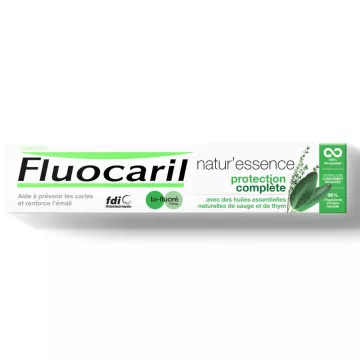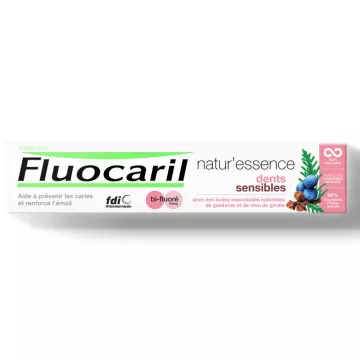

What is oral care and why is it important?
Oral care refers to all practices aimed at maintaining the health of the mouth, teeth and gums. It includes brushing, flossing, rinsing and regular visits to the dentist. Good oral hygiene helps prevent diseases such as tooth decay, gingivitis and periodontitis, which can lead to more serious health problems if left untreated.
How often should I brush my teeth?
We recommend brushing twice a day for at least two minutes each time, ideally after breakfast and before bedtime. Using a soft-bristled toothbrush and fluoride toothpaste is essential to remove plaque and prevent cavities.
How to choose the right toothpaste?
The choice of toothpaste depends on your specific needs. For cavity prevention, opt for a toothpaste containing fluoride. If you have sensitive teeth, a special toothpaste for sensitive teeth may be more appropriate. For specific problems such as gingivitis or tartar, there are toothpastes formulated to treat these conditions. Consult your dentist for a personalized recommendation.
How important is dental floss in oral care?
Flossing is crucial for removing plaque and food particles that the toothbrush can't reach, especially between teeth and below the gum line. Flossing once a day helps prevent interdental cavities and gum disease.
Is mouthwash necessary?
Mouthwashes can complement your oral care routine by reducing bacteria and freshening breath. However, they do not replace brushing and flossing. Choose a mouthwash that's right for you, whether it's for plaque control, cavity prevention or gingivitis treatment.
How often should I see my dentist?
We recommend that you see a dentist at least twice a year for a routine check-up and professional cleaning. These regular visits help to detect potential problems early on and maintain good oral health.
What are the signs of poor oral hygiene?
Common signs of poor oral hygiene include persistent bad breath, red or swollen gums, bleeding gums when brushing or flossing, cavities and tooth pain. If you notice any of these symptoms, it's important to consult a dentist.
How can I prevent tooth decay?
To prevent tooth decay, follow these tips:
What foods and drinks should I avoid for good oral health?
To maintain good oral health, avoid sugar-rich foods and beverages such as candy, soft drinks and pastries, as they promote the formation of cavities. Acidic drinks such as fruit juices and wine can also erode tooth enamel. Eat a balanced diet rich in fruit, vegetables, proteins and dairy products.
How to choose the right toothbrush?
Choose a soft-bristled toothbrush to avoid damaging gums and tooth enamel. The size of the brush head should be adapted to your mouth to reach all areas easily. Electric toothbrushes may be more effective for some people, due to their ability to remove more plaque.
What are the best practices for preventing bad breath?
To prevent bad breath, follow these practices:
What impact does smoking have on oral health?
Tobacco has many negative effects on oral health, including:
Do braces require special care?
Yes, braces require specific care to prevent cavities and gum disease. Here are a few recommendations:
What are the benefits of dental sealants for children?
Dental sealants are resin coatings applied to children's molars to prevent cavities. Here's what they do:
What's the difference between a crown and a dental implant?
A crown and a dental implant are two different solutions for restoring damaged or missing teeth: